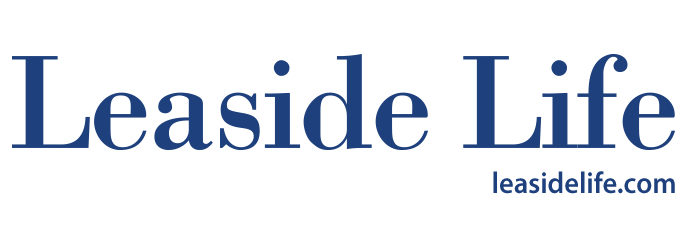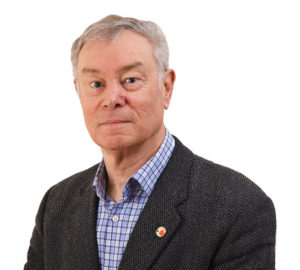Neighbours of a proposed rebuild on Glenvale Boulevard waited in vain to have their say at the Committee of Adjustment on June 23rd.
Struggling to manage under COVID-19, most City services are not operating as business as usual, and that includes City Planning. Determined to handle a growing backlog of applications, the CoA held virtual hearings in June, and they have not gone smoothly. At least not for neighbours who have concerns.
City Planning introduced new time lines for receiving written submissions (five days instead of one) and a new requirement to register to make an oral deputation, with one day’s notice required. However, at the June 23 hearing, residents who had registered to speak to the committee were not invited in (to the virtual hearing room) to make their deputation, and therefore were not heard from.
That day, the North York Committee of Adjustment agenda included two Leaside applications: 67 Sutherland Dr. and 83 Glenvale Blvd., both of which featured contentious issues. The committee approved each application, disregarding residents’ objections. Further, members of the committee displayed a woeful ignorance of the tests, and/or overtly denied the tests as laid out in the public notice and the Planning Act.
What to do? The Leaside Residents Association (LRA) submitted a Request for Review on behalf of the residents involved in each of the cases. Neither of these was acknowledged by or responded to by City staff. The residents working with the LRA were left with no option but to appeal the decision to the Toronto Local Appeal Body (TLAB), which in both cases they did by the due date.
These are not isolated cases of concerns associated with virtual hearings and the issues with the committee decision-making. Residents associations (especially the Federation of North Toronto Residents Associations [FoNTRA] of which, full disclosure, I am co-chair) supported virtual hearings for applications based upon City Planning’s commitment that these virtual hearings would be used for applications with (truly) minor variances. Increasingly, they are being used for complex applications with many variances, and multiple community objections. In addition, we are hearing concerns that:
• the revised timeframes limit the opportunity for comments to be submitted both in writing and orally and
• written comments are not being posted in time for them to be part of the deliberations.
LRA and FoNTRA have argued for many years that the CofA process is inherently unfair to residents in opposition (for example, the applicant having the right to respond to objections but this right is not extended to opposing parties). With the virtual hearings, the new procedures increasingly favour the applicant and require opposing residents to appeal the approvals to the TLAB in an effort to get a fair hearing.
We’ll continue to monitor these matters.


